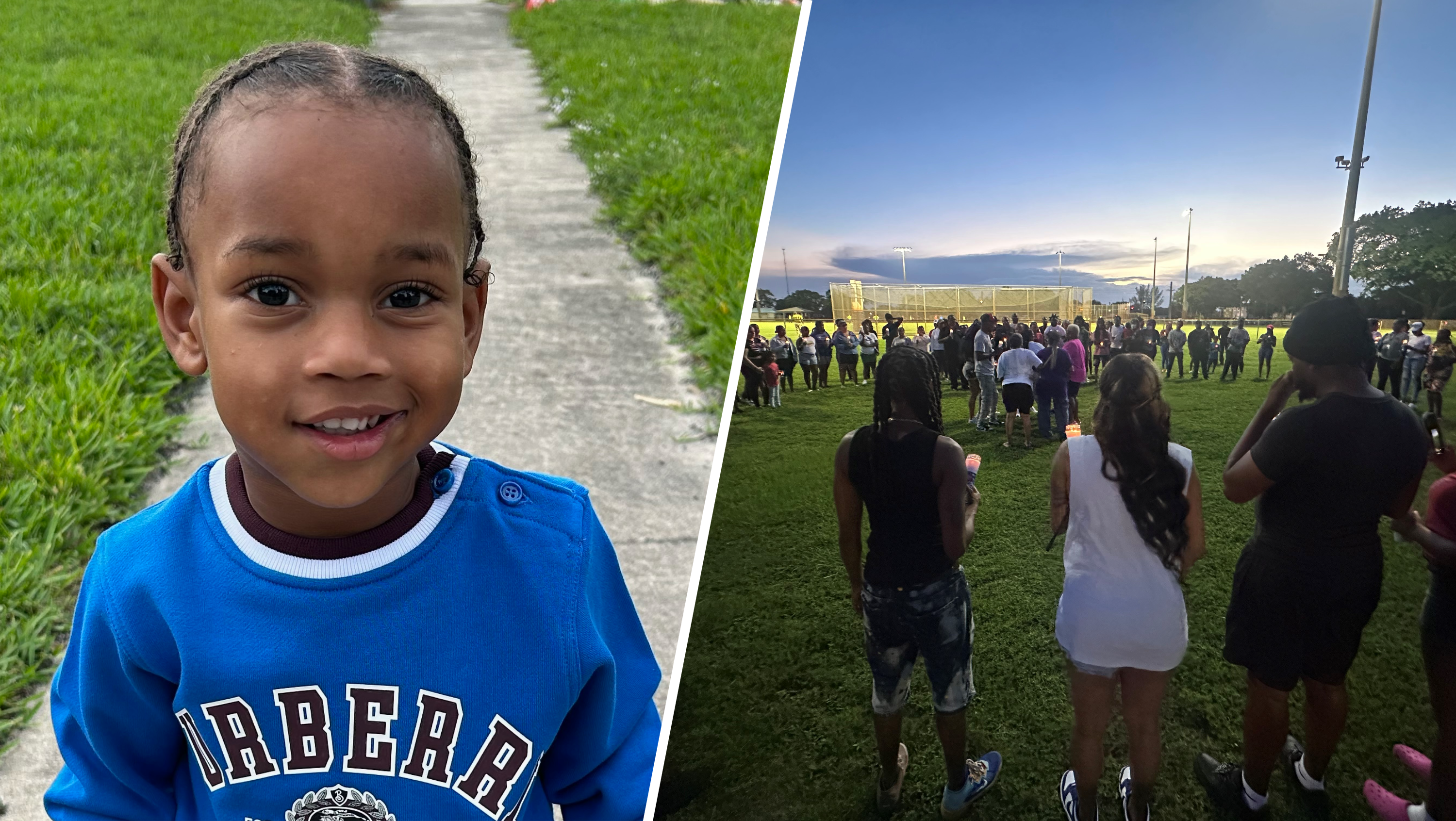As the first mass-produced vaccines reach the public, many have questions and government scientists are trying to provide answers.
Will the vaccine give me COVID?
Absolutely not. The Pfizer/BioNTech vaccine does not contain any substance that can infect you with SARS-COV-2, the virus that causes COVID-19. In fact, none of the vaccines being developed in the United States will use live virus, so there is no chance the vaccine will give you the virus, according to the Centers for Disease Control and Prevention.
Should my child get the vaccine?
Not if they're under 16. The FDA has only authorized the Pfizer vaccine for those 16 and older. While the trials did not include enough 16- and 17-year-olds on which to make a firm determination based solely on the data, the FDA said based on all it knows, it believes any risks to that age group is outweighed by the benefits of getting them immunized -- especially as they are known to spread the virus even if they are asymptomatic. Trials are now underway with younger children and those results will be reviewed before the minimum age for this or other vaccines is reduced below age 16.
What about people with severe allergies?
The FDA said the Pfizer vaccine should not be given "to individuals with known history of a severe allergic reaction (e.g., anaphylaxis) to any component" of the vaccine. So people who have food, insect or other allergies should check with a doctor before getting it. And, just in case the vaccine does cause severe reactions, the FDA for now is requiring "appropriate medical treatment used to manage immediate allergic reactions must be immediately available (wherever vaccine is administered) in the event an acute anaphylactic reaction occurs."
Local
"If you have had a history of allergic reactions, obviously you should tell your doctor about that," said Dr. Peter Marks, a top FDA scientist, noting he would be "comfortable giving to people" who've had reactions to substances other than a component in the vaccine.
What side effects can I expect?
Nothing severe. Based on the trials, some possible reactions include injection site pain, swelling or redness, fatigue, or headache. Less likely: muscle pain, chills, joint pain or fever.
Should pregnant women take the vaccine?
The FDA is not prohibiting pregnant women from getting the vaccine, but Marks said, "That’s not something we’re recommending at this time. That’s something we're leaving to the individual" in consultation with her doctors. Again, as with children, the caution is based on a lack of sufficient data from the trials on how the vaccine affects pregnant women because they were not enrolled in the trials if they were pregnant at the time the applied. Also, as with children under 16, trials are or will soon be conducted that include pregnant women.
How long will the protection last?
Too soon to say. They don’t call it Operation Warp Speed for nothing. One encouraging sign is that immunity to other coronaviruses -- SARS and MERS -- has been long lasting. And people who have already had COVID can still get vaccinated, because no one knows how long their natural immunity might last.
Time to toss the mask?
No. Not even close. Even if vaccinated, it’s possible the virus could get into your nasal passages and be expelled onto others, even while your immune system succeeds in keeping it from spreading elsewhere in your body. So everyone needs to remain masked up until widespread immunity is achieved,.



